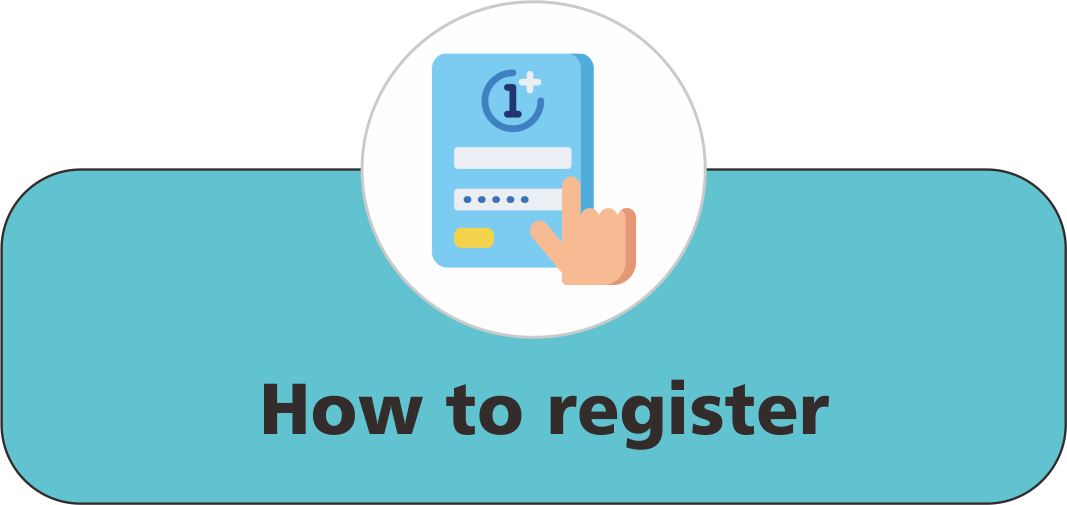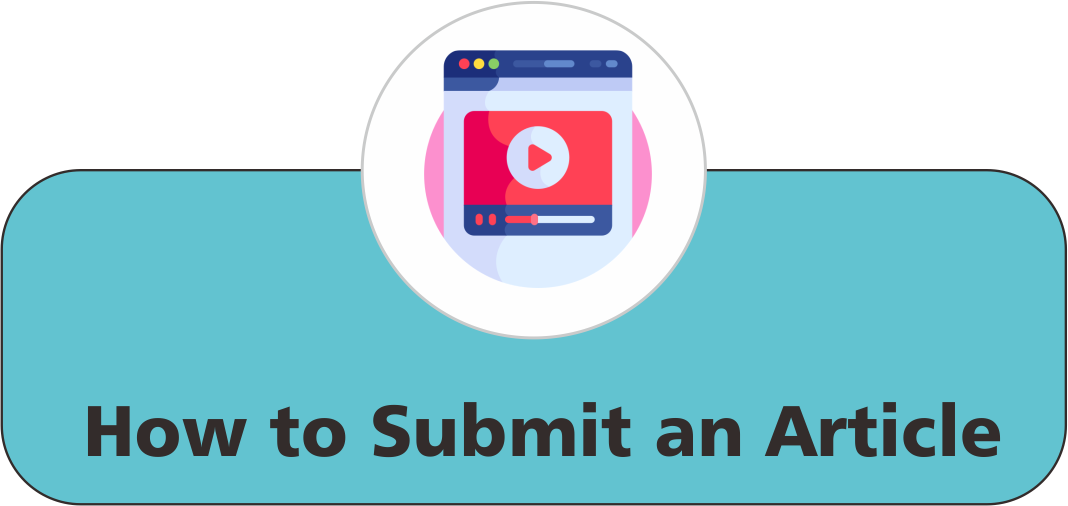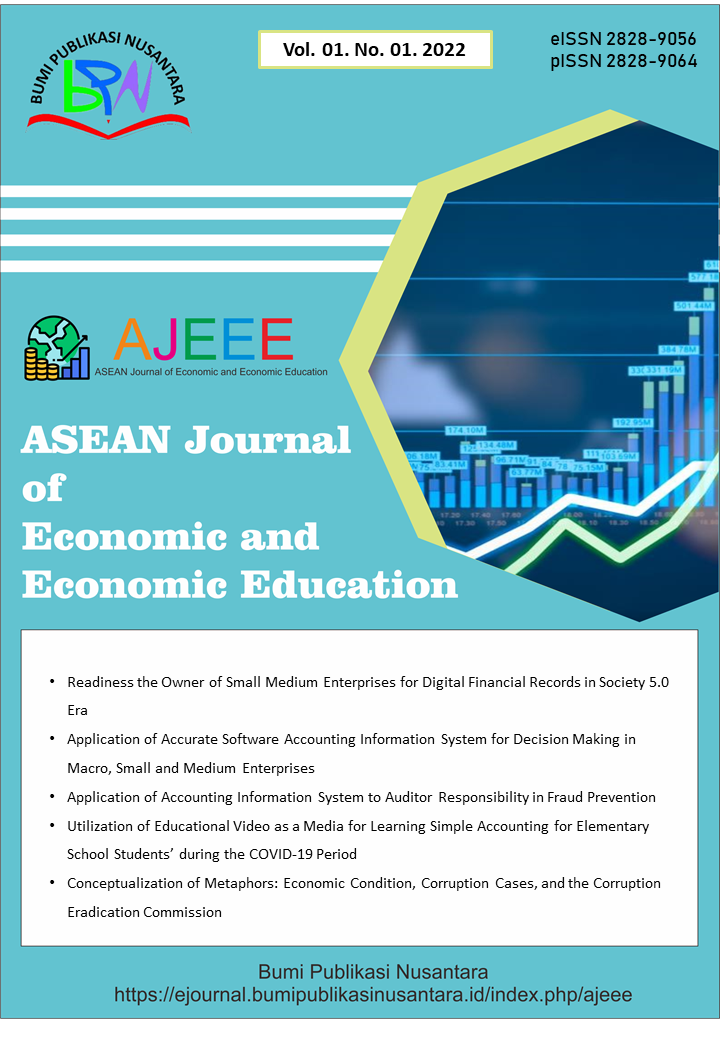Money Talks, But What About Freebies? Understanding The Influence of Material Benefits in Politics
 ), M. Kamraju(2),
), M. Kamraju(2),
(1) Osmania University
(2) Ministry of Education
 Corresponding Author
Corresponding Author
Abstract
Keywords
References
Ansolabehere, S., de Figueiredo, J. M., and Snyder, J. M. Jr. (2014). Why is there so little money in US politics? Journal of Economic Perspectives, 28(1), 105-130.
Ashley, J., Lazaro, E., and Lupu, N. (2020). Gifts, favors, and votes: A unified theory of clientelism. Comparative Political Studies, 53(7), 1039-1071.
Bonica, A., Chilton, A. S., Goldin, J., Rozema, K., and Sen, M. (2018). The political ideology of donors: Ideological and policy preferences of individual contributors to political campaigns. Quarterly Journal of Political Science, 13(4), 407-422.
Cialdini, R. B., Reno, R. R., and Kallgren, C. A. (1997a). A focus theory of normative conduct: Recycling the concept of norms to reduce littering in public places. Journal of Personality and Social Psychology, 58(6), 1015-1026.
Cialdini, R. B., Vincent, J. E., Lewis, S. K., Catalan, J., Wheeler, D., and Darby, B. L. (1997b). Reciprocal concessions procedure for inducing compliance: The door-in-the-face technique. Journal of Personality and Social Psychology, 73(2), 261-276.
Deacon, R. (2005). Poverty, inequality, and social policy in transition economies. Journal of Comparative Policy Analysis: Research and Practice, 7(4), 345-372.
Eisenstadt, S. N. (1973). Patron-client relations and social change. American Anthropologist, 75(2), 292-315.
Fridkin, K. L., Kenney, P. J., Gershon, S. A., and Woodall, G. S. (2009). Generating campaign resources: The relationship between incumbents’ activity and challenger fund-raising. Political Research Quarterly, 62(4), 790-803.
Gerber, A. S., Green, D. P., and Larimer, C. W. (2008). Social pressure and voter turnout: Evidence from a large-scale field experiment. American Political Science Review, 102(1), 33-48.
Grimmelikhuijsen, S., Porumbescu, G. A., Hong, S., and Im, T. (2017). Transparency through the back door: Exploring the politics of proactive transparency in the United States. Public Administration Review, 77(3), 361-371.
Grossman, G., Humphreys, M., and Sacramone-Lutz, G. (2013). The political economy of transparency: A survey. Journal of Development Studies, 49(3), 353-370.
Hagen-Zanker, J., McCord, A., and Vizard, P. (2020). Welfare and public services provision: Revisiting the clientelism argument. World Development, 126, 104707.
Kahneman, D., Knetsch, J. L., and Thaler, R. H. (1991). Anomalies: The endowment effect, loss aversion, and status quo bias. Journal of Economic Perspectives, 5(1), 193-206.
Kaldor, M. (2016). Inclusive security and development: Pathways to peace. Journal of Peace Research, 53(1), 125-137.
Kaplan, N., Guriev, S., and Zhuravskaya, E. (2010). Interest groups' lobbying and the media: Theory and evidence from Russian regions. American Economic Journal: Applied Economics, 2(3), 1-28.
Krause, G. A. (2016). Ethics, governance, and regulation in the public sector: Building an evidence base for stakeholder engagement. Governance, 29(1), 89-105.
Larimer, C. W., and Simpson, C. (2010). The effect of canvassing, telephone calls, and direct mail on voter turnout: A field experiment. Public Opinion Quarterly, 74(3), 597-621.
Lopez, M. (2017). Clientelism and political power in contemporary democracies. Annual Review of Political Science, 20, 13-30.
Marmot, M., Friel, S., Bell, R., Houweling, T. A., and Taylor, S. (2012). Closing the gap in a generation: Health equity through action on the social determinants of health. The Lancet, 372(9650), 1661-1669.
Moore, S., and Reisch, M. (2019). Gifts and influence: Campaign contributions, political participation, and the quality of democracy. Journal of Politics, 81(1), 159-173.
Nai, A., Walter, A. S., and Walter, S. (2015). The contingent effects of campaign activities on party loyalty in multiparty systems. Political Behavior, 37(2), 419-443.
Simonson, I., Carmon, Z., and O'Curry, S. (1994). Experimental evidence on the negative effect of product features and sales promotions on brand choice. Marketing Science, 13(1), 23-40.
Smith, B. C. (2007). Ethical campaign communication: The transparency imperative. American Behavioral Scientist, 50(9), 1189-1205.
Stavins, R. N. (2019). The economics of environmental policy. Handbook of Environmental Economics, 4, 405-480.
Strachan, A. L., and Wolfinger, R. E. (2019a). More than a yard sign: Material benefits and the expressiveness of political participation. Political Research Quarterly, 72(1), 191-206.
Strachan, D. W., and Wolfinger, R. E. (2019b). Election laws, political advertising, and campaign visits. Journal of Elections, Public Opinion and Parties, 29(4), 472-487.
Tremblay-Boire, J., and Prakash, A. (2015a). Selling out? The politics of foreign aid and oil. World Development, 76, 46-63.
Tremblay-Boire, J., and Prakash, A. (2015b). Valuing disclosure: How mandatory transparency affects politicians’ behavior and constituents’ attitudes. Governance, 28(3), 367-384.
Article Metrics
Abstract View : 989 times
: 989 times Download : 644 times
Download : 644 times
Refbacks
- There are currently no refbacks.
Copyright (c) 2023 Bumi Publikasi Nusantara

This work is licensed under a Creative Commons Attribution-ShareAlike 4.0 International License.

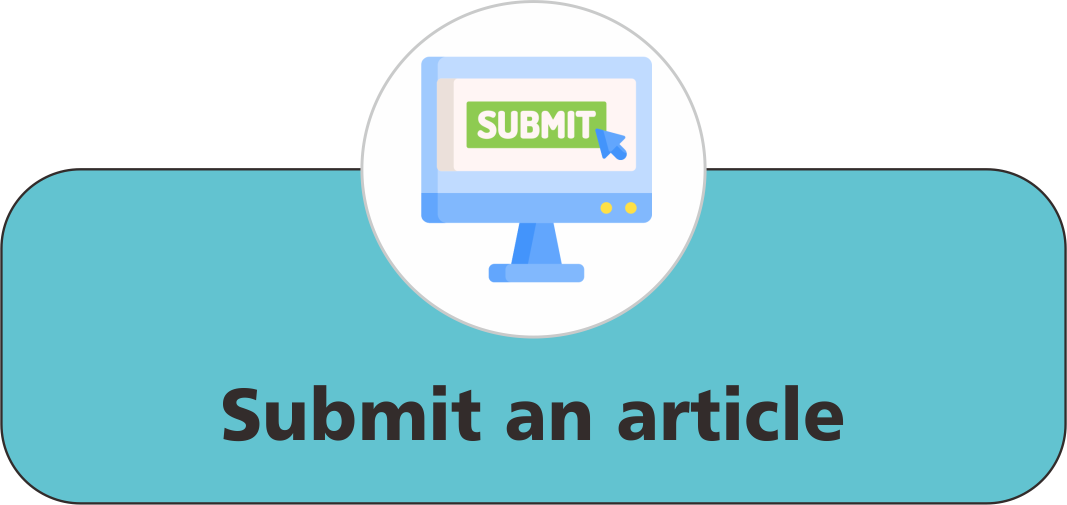
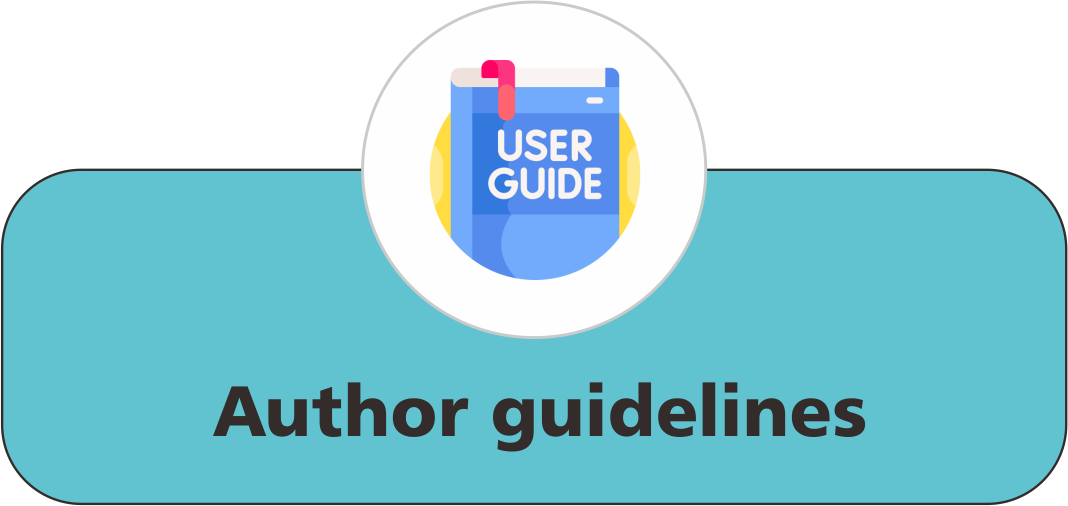
_publication_ethics1.png)

